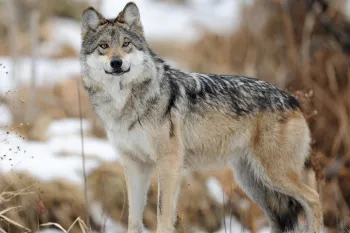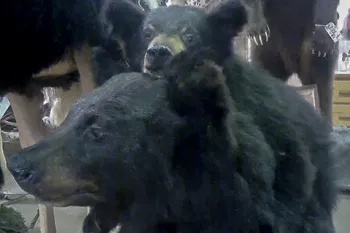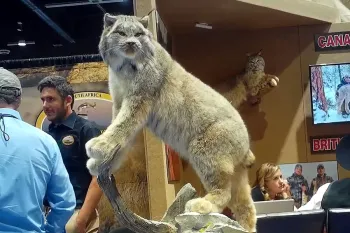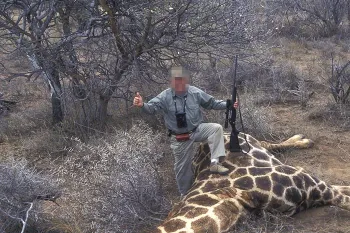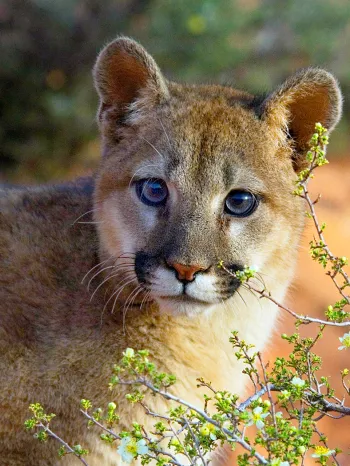
Lisa Dearing / Alamy Stock Photo
Trophy hunting
Thrill-seekers kill vital wildlife for trophies, display, photos, bragging rights and prizes, and pay big money to kill rare, often endangered, animals abroad and take home their body parts.
Did you know?
Supporters claim trophy hunting helps communities and wildlife by putting money in local people’s hands and culling weak or old animals. But in reality, very little money — as little as 3% of trophy hunting revenue — reaches the areas where hunting happens, and trophy hunters often seek the biggest, strongest animals to kill.
*Species listed under the Convention on International Trade in Endangered Species (CITES) are currently threatened by overexploitation through trade or may become so if trade isn’t regulated.
David Keith Jones/
Animals are not trophies
In the U.S. alone, trophy hunters kill more than 100,000 native carnivores every year. Take action to stop this cruel and unnecessary practice.
The Impact of Trophy Hunting on Endangered Species
"The killing of animals for trophies and trinkets threatens not only the survival of threatened and endangered species, but the populations of iconic species overall and it demands the strongest possible deterrence." —Jennifer Hillman, vice president, wildlife protection
Take Action
No animal deserves to be killed for bragging rights. Take action to stop these cruel operations.
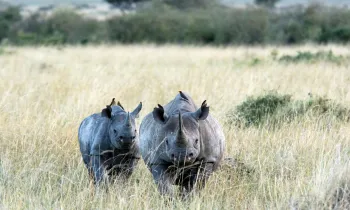
Stop trophy hunting in the UK
Show your support for a ban on hunting trophies.
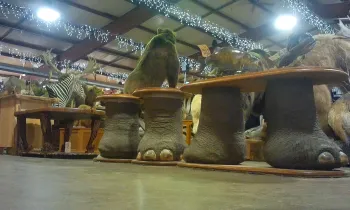
Urge the European Union to stop importing hunting trophies
Nearly 15,000 hunting trophies of species at risk like elephants, lions, giraffes, polar bears and black rhinos were imported into the EU between 2014 and 2018.
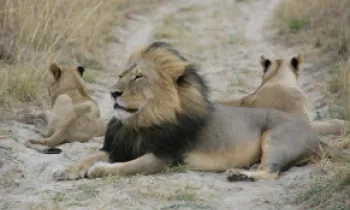
Sign the pledge to end trophy hunting
Every year, hundreds of thousands of wild animals are killed solely to obtain "trophies"—heads, hides or pelts and even whole animals—to stuff, skin and hang on a wall.
Your gift can do so much for animals in need
Start saving lives by making a one-time gift today. You can also help animals all year long with a monthly contribution.
Meredith Lee/Humane World for Animals
